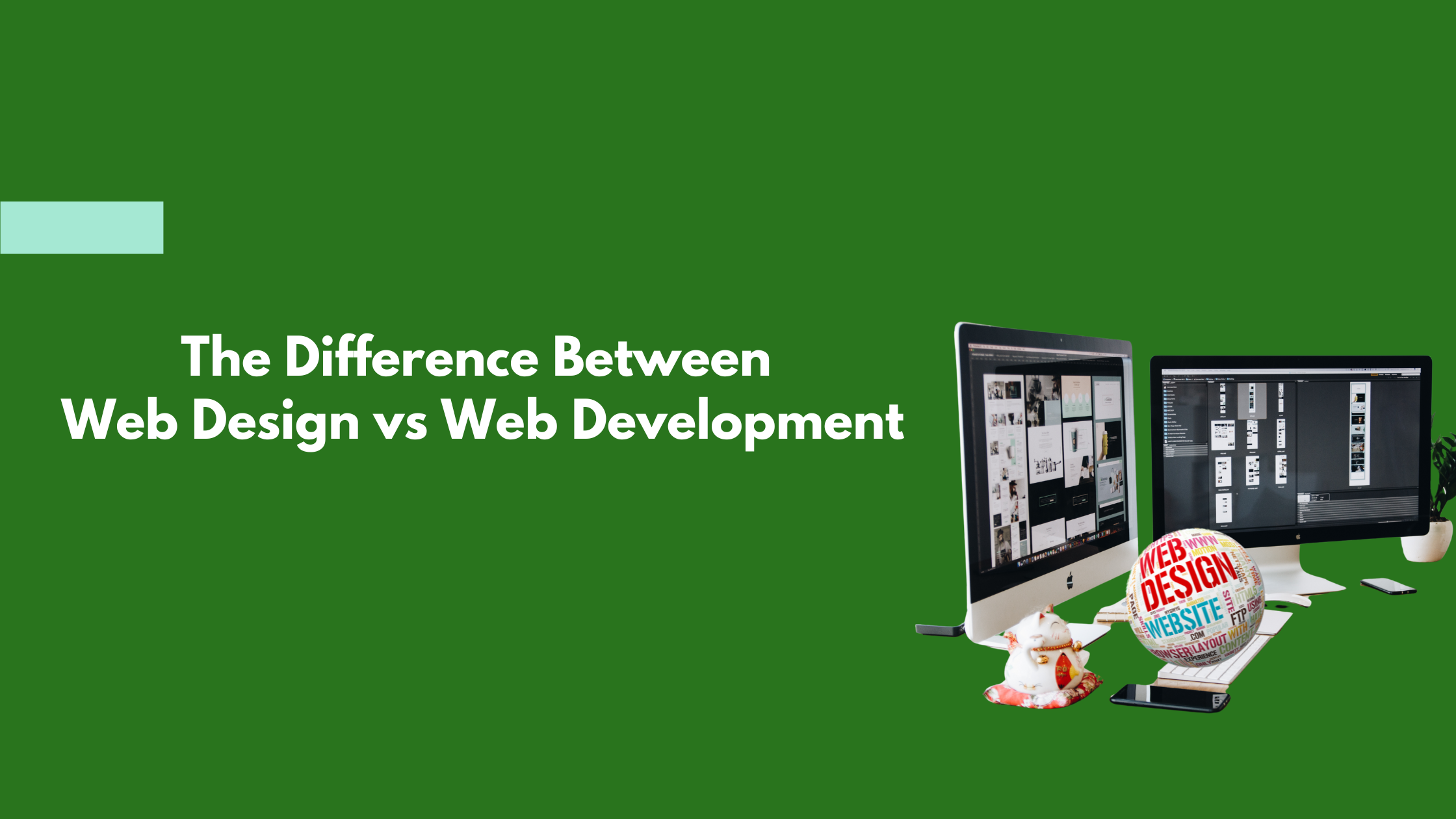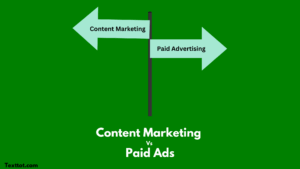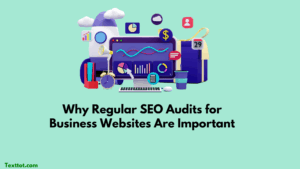Ever wondered why some websites instantly grab your attention while others barely make an impression? That’s because creating a stunning, high-performing website requires the perfect blend of creativity and technical expertise. If you’ve ever asked yourself, “Do I need a web designer or a web developer?” then you’re really exploring the difference between web design vs web development, and that distinction is necessary.
Many people assume they’re the same, but in reality, they serve completely different purposes. Choosing the wrong expert for your project could cost you time, money, and potential customers.
While web designers focus on aesthetics and user experience, ensuring your site is visually appealing, user-friendly, and on-brand, web developers, on the other hand, handle the technical side, which often involves writing the code that powers your site, optimizing speed and making sure everything functions smoothly.
However, if your website isn’t delivering the results you want, it could be due to design flaws, technical issues, or both. Whether you need a refresh, a full redesign, or a complete upgrade, knowing whether to hire a web designer, a web developer, or both can make all the difference in turning your site into a high-converting business tool.
So, how do you know the difference between web design vs web development? Let’s get into it.
Table of Contents
What is Web Design?
Web design is all about crafting the look and feel of a website to ensure it’s visually appealing, user-friendly, and engaging. Your website design is the first thing visitors notice when they land on a page, and it plays a huge role in whether they stay or leave.
Trying to design your own website may seem cost-effective, but DIY web design can cost you thousands and even drive your customers away before they even explore your offerings. Research shows that 94% of first impressions are related to design, meaning a poorly designed site can really affect your business.
However, web design isn’t just about making a site look good, it’s more about creating an experience. A great web design should help your visitors find information easily, navigate seamlessly and reinforce your brand identity. That’s why the role of branding in web design is to ensure every element on your site aligns with your business.
To create visually stunning and user-friendly websites, designers use specialized tools like Adobe XD, Figma, and Sketch. These platforms help in wireframing, prototyping, and refining designs before development begins.
Web designers often focus on these three key areas:
- User Interface (UI),
- User Experience (UX), and
- Responsiveness.
User Interface (UI)
UI design is all about aesthetics, choosing the right colours, fonts, images, and overall layout to create an attractive and professional website. A clean and modern UI makes a site more inviting and easier to use. If a website looks cluttered or outdated, visitors will likely leave, because they’ll assume the business is unprofessional.
User Experience (UX)
UX design focuses on how users interact with a website. It ensures that navigation is intuitive, information is easy to find, and users don’t get frustrated while browsing. A well-designed UX leads to higher engagement and conversions.
Responsiveness
With over 60% of web traffic coming from mobile devices, responsiveness is non-negotiable. A responsive web design ensures that a site looks and functions perfectly on desktops, tablets, and smartphones. In fact, Google ranks mobile-friendly sites higher in search results.
What is Web Development?
Web development is the backbone of a website, it’s what makes everything work. While web design focuses on visuals and user experience, website development is all about functionality, structure, and performance.
Without proper development, a beautifully designed site is just a static image with no real usability. A poorly developed website can be one of the biggest reasons businesses struggle online. In fact, website issues contribute to why most businesses fail within the first year.
But when you have a well-developed website, you enjoy fast load times, smooth navigation, secure transactions, and compatibility across different devices and browsers. At least 47% of users expect a webpage to load in two seconds or less, so you see why your business needs a skilled web developer who can build, optimize, and maintain high-performing websites.
Web development is generally divided into front-end and back-end development, each playing a crucial role in how a website operates.
Front-End Web Development
The front-end development is what users interact with and see when they visit a website. It involves buttons, menus, animations, layouts, and interactive features.
Front-end developers use HTML, CSS, and JavaScript to bring web designs to life, ensuring that users have a seamless and engaging experience. Popular front-end frameworks like React, Vue.js, and Angular make it easier for developers to create fast and responsive websites.
For example, when you hover over a button, and it changes colour, or when a webpage dynamically loads content without refreshing, that’s front-end development at work.
Back-End Development
While front-end web development controls what users see, back-end web development powers what they don’t see. It handles data storage, user authentication, security, and server-side processes.
Back-end developers work with databases and server scripting languages like PHP, Python, Ruby, and Node.js to ensure a website runs smoothly. Frameworks like Laravel (PHP), Django (Python), and Express.js (Node.js) help developers build powerful and scalable applications.
For instance, when you log in to a website, add a product to your cart, or submit a form, back-end development is what makes it all happen.
Why Web Development Matters
A well-developed website isn’t a luxury, it’s a necessity. Your website should be functional and should drive conversions. Whether you’re running an e-commerce store, a blog, or a corporate site, your website must be fast, functional, and secure.
Studies show that a one-second delay in page load time can reduce conversions by 20%, which means slow websites lose customers and revenue. So, instead of losing so much on your business, why not maximize your website’s potential and turn your website into a sales machine?
Web Design vs Web Development
When building a website, both web design and web development are essential, but they serve different purposes. While design focuses on appearance and user experience, development ensures functionality and performance.
Understanding the difference between web design vs web development helps businesses make informed decisions when hiring professionals to create or optimize their websites.
The best way to think about web design vs web development is to compare it to a car. The web designer would be the sleek exterior, comfortable seats, and intuitive dashboard, while the web developer would be the engine, transmission, and all the technical components that make it run. Without the engine, the car won’t get you anywhere and vice versa.
Tabular Comparison: Web Design vs Web Development
| Feature | Web Design | Web Development |
| Focus | Visual aesthetics and user experience | Functionality and performance |
| Key Aspects | Layouts, colours, typography, branding, navigation | Site speed, responsiveness, interactivity, security |
| Tools Used | Figma, Adobe XD, Sketch | HTML, CSS, JavaScript, React, WordPress, Laravel |
| Outcome | Engaging, intuitive interface | Fast functional and scalable website |
| Collaboration | Works with developers to ensure the design is implemented correctly | Works with designers to bring visual elements to life |
How Web Design and Web Development Work Together
Even though web design and website development have different focuses, they must work hand in hand to create a complete website.
A well-designed website that lacks strong development can be slow, unresponsive, or difficult to use; in the same way, a highly functional site with poor design may struggle to retain visitors and convert them into customers.
So, here’s how these two disciplines complement each other:
- Design sets the foundation–Before any coding begins, designers create the website’s structure, layout, and overall aesthetic to ensure it aligns with the brand’s identity and user expectations.
- Development brings it to life–Developers take the design and turn it into a fully functional website, ensuring smooth navigation, fast load times, and seamless interactions.
- Collaboration ensures a great user experience–A strong partnership between designers and developers results in a website that is both visually appealing and highly functional.
Without both elements working together, your website can’t reach its full potential. That’s why partnering with a full-service digital agency like Texttot Digital ensures that your website is not only visually appealing but also fully optimized for performance, speed, and conversions. Don’t hold back, contact us for a free consultation.
Do I Need a Web Designer or a Web Developer?
So, you’re working on a website, and now you’re wondering: Do I need a web designer, or do I need a web developer? You see, this is a common question and the answer depends on your goals.
Web design vs web development is often confused, but they serve different purposes. A designer focuses on aesthetics and user experience, while a developer ensures that the website functions smoothly.
A lot of businesses make the mistake of hiring the wrong person for the job. They’ll bring in a developer when what they really need is a designer, or vice versa, and end up frustrated with the results. So before you start looking for help, let’s break it down.
When to Hire a Web Designer
A web designer is necessary when you want to improve your website’s visual appeal, branding, or user experience. Knowing how to hire a web designer for your business can be a game-changer for growth. If your site looks outdated or fails to impress visitors, a designer can revamp it to meet modern standards and keep your brand competitive.
You do know that your first impression matters and 38% of your users will leave your site if it has an unattractive layout. To keep your website visually appealing, you need a web designer that keeps your site looking professional, engaging, and aligned with your brand. However, a well-designed website alone won’t bring customers; you need compelling content, and that’s why web design and content marketing go hand-in-hand in driving conversions.
Also, if your brand identity needs an upgrade, a web designer can refine your site’s look with the right colours, fonts, and design elements. Whether you’re rebranding or launching a new business, your website should reflect your brand’s personality and values to build trust and recognition.
Lastly, a web designer ensures your site is mobile-friendly. With more than half of web traffic coming from mobile devices, your website must look and function perfectly on all screen sizes. A designer will optimize responsiveness so users get a seamless experience whether they’re on a phone, tablet, or desktop.
When to Hire a Web Developer
A web developer is essential when you need to fix technical issues, build custom features, or enhance your website’s functionality. While designers focus on making your site look great, developers handle the technical side, ensuring everything runs smoothly and efficiently.
A basic template can’t do justice to portraying your brand but a web developer can help you create a custom-built website that perfectly fits your business needs. One of the benefits of having a custom website development is to allow you to design and develop exactly what you envision, whether it’s an e-commerce store, a membership site, or a web app. Unlike regular templates, a custom website offers greater flexibility, scalability, and functionality tailored to your business goals.
You need a web developer when you start experiencing technical problems. A slow-loading site, broken links, or security vulnerabilities can drive visitors away and seriously impact your website’s performance and user experience. But when you hire a web developer, these issues are fixed, your website speed is optimized and security is strengthened to ensure your website remains efficient and reliable.
Additionally, if you want to scale your business with advanced web features, like online booking systems, interactive chat, or custom payment gateways, you need development expertise. Even if you’re just connecting third-party tools such as CRMs, email marketing software, or analytics platforms, only a web developer can ensure smooth integration so that everything functions properly and your business operations run without disruption.
Why You Might Need Both
Sometimes, businesses need both web design and web development to achieve a website that is visually stunning and highly functional. If your site needs a fresh new look along with technical upgrades, working with a full-service marketing agency like Texttot Digital is the smartest approach.
Instead of hiring separate freelancers for design and development, partnering with an agency ensures seamless collaboration between both experts. This means no miscommunication between both experts, faster project completion, and a website that’s optimized from the ground up.
Also, hiring both a web designer and a developer can be more cost-effective in the long run. When you hire them separately, you might face unexpected compatibility issues, additional revisions, or extended timelines, which can drive up costs. And if you ask how much does a website design cost in 2025, the pricing will make you realize working with a marketing agency that provides a streamlined process is a better option for your pocket.
Conclusion
Your website is one of your most valuable business assets, and choosing the right professionals to build or improve it can make all the difference.
If you’ve made it this far, you now understand the difference between web design vs web development and when to hire either of each expert. If your focus is on aesthetics and user experience, a web designer is the right choice but if you’re looking to enhance functionality, fix technical issues, or build custom features, a web developer is what you need.
However, for businesses that want a site that looks amazing and works seamlessly, hiring a full-service agency is your best bet. That’s why at Texttot Digital, we specialize in both web design and web development, ensuring your website is visually stunning, fast, functional, and also optimized for conversions.
But if you’re still unsure about what your site needs, then get a free website audit from us today, and let’s find the best solution to grow your business online.


